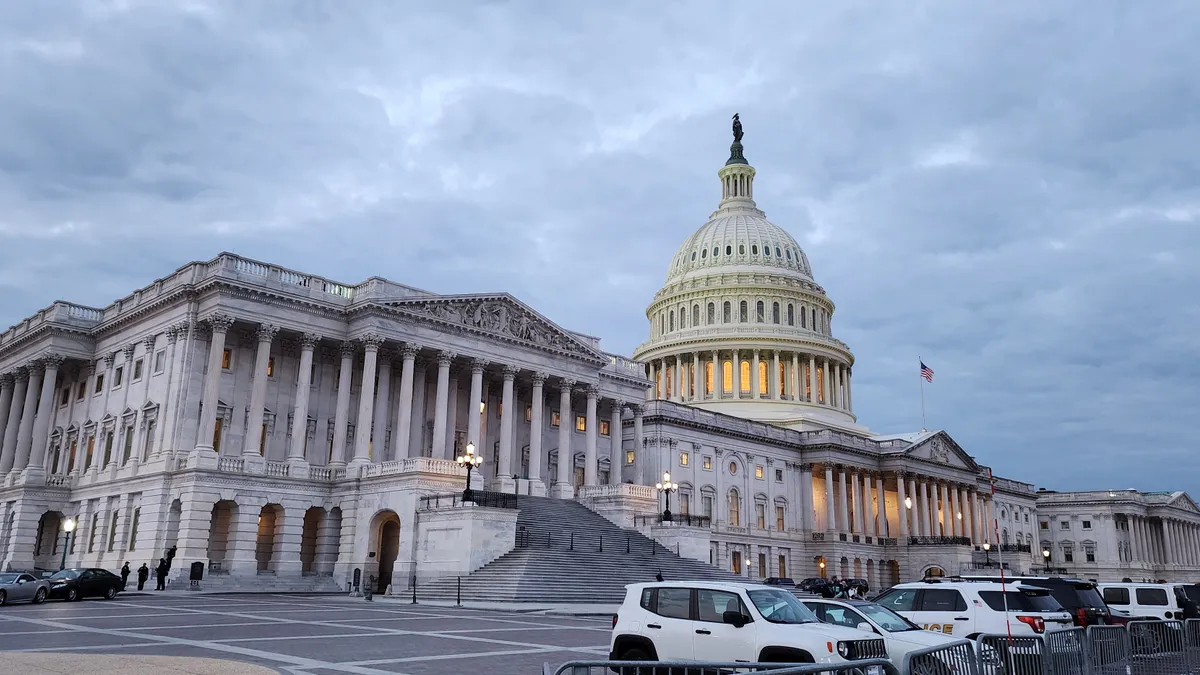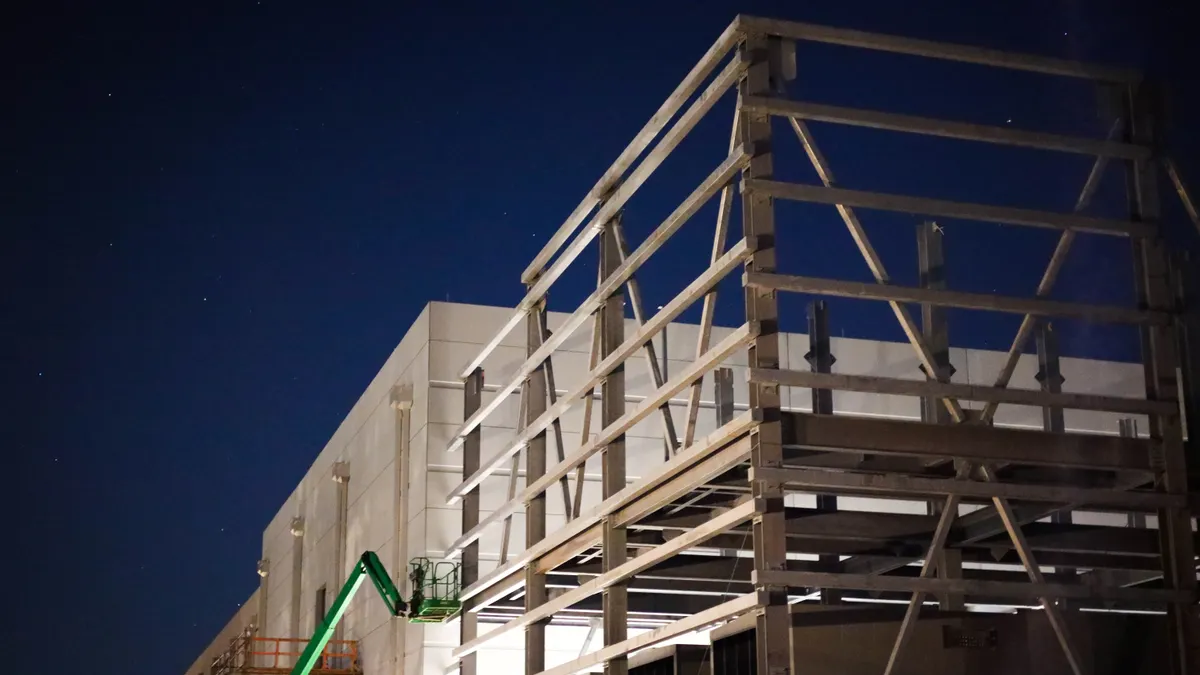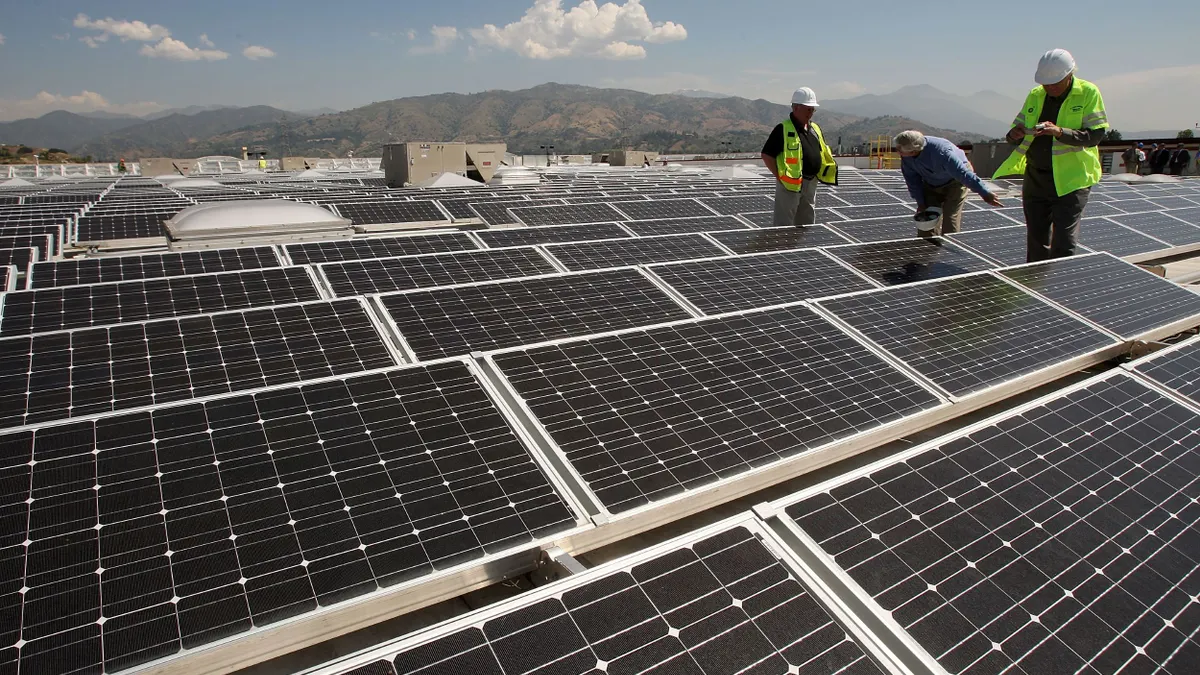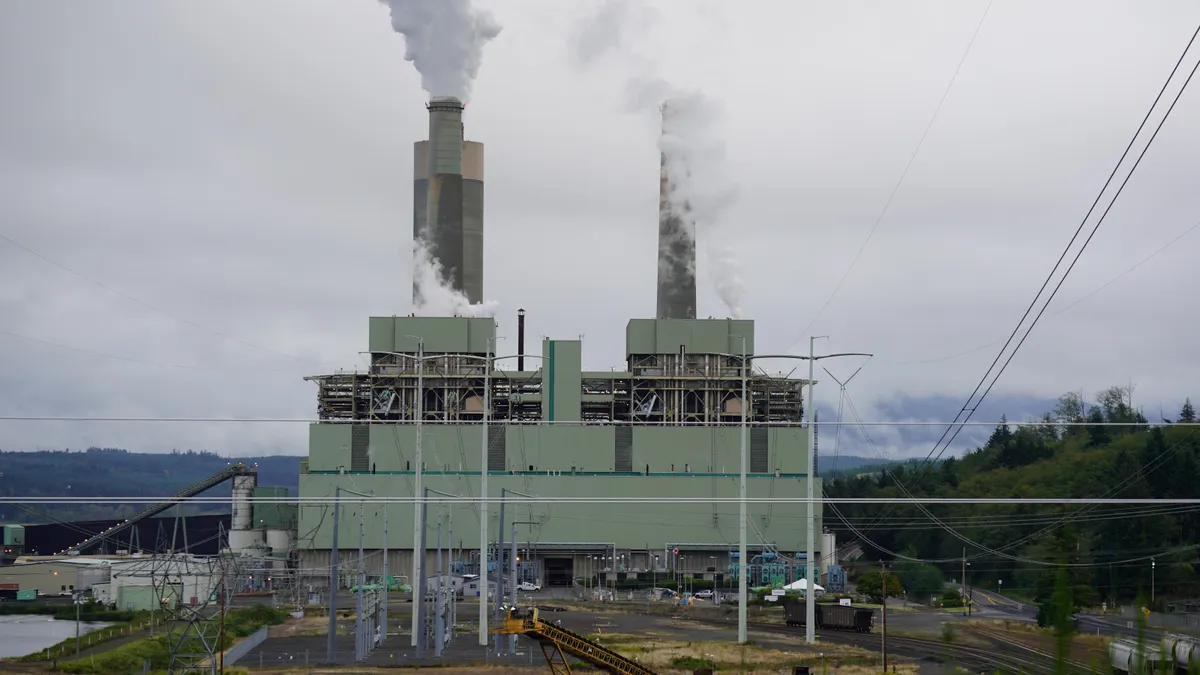Members of a U.S. House of Representatives subcommittee on Tuesday pledged bipartisan support for the development of nuclear energy, while questioning the difficulty in disposing of spent fuel and the time required to build and license reactors.
“I called this hearing to set the table for what I hope will be bipartisan, durable policy-making in this Congress to expand American nuclear energy and its many benefits for the nation,” said Rep. Jeff Duncan, R-S.C., and chairman of the Energy, Climate and Grid Security subcommittee of the Energy and Commerce Committee.
Nuclear energy is the leading source of carbon-free electricity in the U.S. and is among the most reliable sources of power, he said. In addition, leadership in nuclear technology gives the U.S. “significant geopolitical advantage and leverage,” Duncan said.
“Despite this, growth in the U.S. nuclear industry has stagnated over the past decade,” he said. “China and Russia are seizing this opportunity and doubling down on their nuclear investments.”
Armond Cohen, executive director of the Clean Air Task Force, said “very broad support” for nuclear energy as a tool to fight climate change and promote energy security has brought policymakers to a “different place” than a few years ago.
Cohen said industry and government need to partner to create a “commoditized, standardized product” to speed up nuclear development. And he called for a “very radical re-think of this sector,” including its business model, regulations and financing.
At a time of sharp divisions between Democrats and Republicans over raising the debt limit, supporting Ukraine and numerous other issues, House members spoke of unified support for nuclear energy and finding alternatives to Russian-sourced uranium.
“We disagree on a lot of things on this committee, but I do believe bipartisan support for nuclear power hasn’t been this strong since I’ve been in Congress for the last 13 years,” said Rep. Bill Johnson, R-Ohio. “And it’s not a mystery why. The fact is that nuclear is the only — and I mean only — large-scale reliable base load carbon-free electricity source available to us.”
Separately, the U.S. Department of Energy announced Monday the U.S. Canada, France, Japan and the United Kingdom will collaborate on uranium extraction, conversion, enrichment and fabrication to support the “stable supply of fuels” to reduce dependence on Russian supply chains.
Promoting nuclear power in law and regulation
Lawmakers and regulators are working on several fronts to advance nuclear power. A bipartisan group of U.S. senators early this month introduced legislation intended to reduce regulatory costs for licensing advanced nuclear reactor technologies, require the Nuclear Regulatory Commission to encourage licensing of nuclear facilities at brownfields, and more quickly expand nuclear power.
Separate legislation introduced by Sens. Joe Manchin, D-W.Va., John Barrasso, R-Wyo., and Jim Risch, R-Idaho, would strengthen domestic production of nuclear fuel. It’s been referred to the Senate Committee on Energy and Natural Resources.
And the U.S. Nuclear Regulatory Commission is updating its power plant licensing regulations to adapt to technological changes developed by advanced nuclear reactors and small modular reactors, or SMRs.
Nuclear power has its critics who cite the potential for devastating accidents and money that could otherwise be spent on renewables. During the more than two-hour Capitol Hill hearing, few failings of nuclear power were mentioned, such as the time required to build and license plants and reactors and what to do with waste.
Rep. John Curtis, R-Utah, said the Utah Associated Municipal Power Systems and NuScale Power, which are developing an SMR, are “halfway through the process” following years of work and a cost of $500 million.
“If nuclear is really going to be part of our energy mix going forward, how can this be?” he said. “This is clearly not acceptable if we’re going to make nuclear a major part of what we’re doing.”
Rep. Diana DeGette, D-Colo., said direction from government is lacking in how to dispose of nuclear waste.
“We don’t have any clear sense of what to do that we can give to the industry and therefore it makes it really hard to make business decisions,” she said.
Jess Gehin, associate laboratory director for the Nuclear Science and Technology Directorate at the Idaho National Lab, said advanced reactors burn more high-assay low-enriched uranium and generate less used fuel.
Rep. Doris Matsui of California said nuclear waste is an issue in her district at the site of the decommissioned Rancho Seco Generating Station.
“We cannot build a new fleet of advanced nuclear reactors and continue to dodge the question of what we do with spent fuels and other radioactive materials,” she said.























